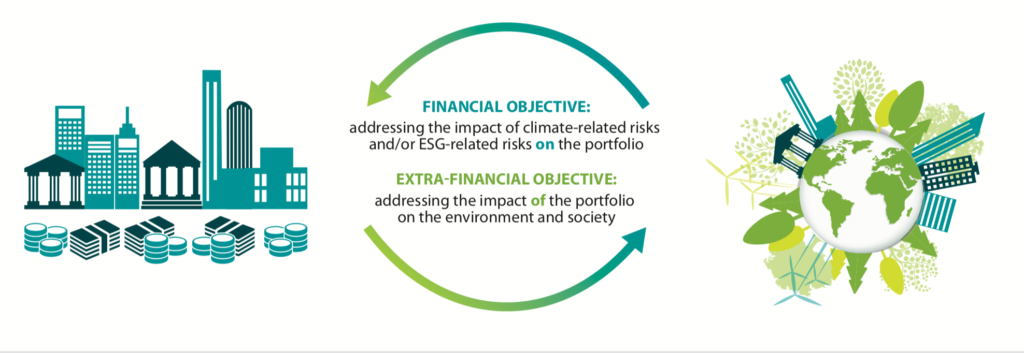Date: 25 October, 2019 - Blog
An obsolete ¨Washington consensus¨
This consensus, which emerged in the early 90‘s, was based on 10 economic policy prescriptions, setting up a standard package for the IMF, the world banks and the US Treasury to address crisis in developing countries. It has gradually become a prominent global doctrine. It actually encompasses topics like macro-economic stabilization, global trade and investment, etc. In short, it essentially promotes orthodox and neo-liberal ideas. Over the past years, this school of thoughts showed its limits. Entrenched disinflation, negative policy and markets interest rates, growing inequality favored the emergence of populist leaders and their inappropriately simplistic – demagogic – answers.
Bernanke, Draghi and Lagarde managed to interpret the Washington doctrine up to its limits
More radical decision-makers are therefore needed to address new challenges
High-profile ¨disrupters¨
Kristalina Georgieva, a Bulgarian woman, has succeeded C. Lagarde as head of the IMF as of October 1st, 2019. Not only is she the first citizen of a developing country to head this mammoth supranational organization. She also holds a PhD in economics from the Karl Marx Institute in Sofia. Her thesis was on ¨Environmental protection policy and economic growth in the US¨. A few days ago, she attended her first expert panel whose central topic was ¨Can central banks fight climate change ?¨. The debate focused on related financial stability risks. Panelists discussed how central banks should adjust regulatory and monetary policy frameworks to ensure an orderly transition to a green economy. They discussed how to spur the development of green financing, including green bonds. Ms. Georgieva suggested developing a taxonomy for “green” and advocated for central banks to use more interventionist approaches to facilitate investment in “green” industries…
Governor Mark Carney will probably leave a (certain) mark in Central Banking history. Not really when it comes to his actual actions, as head of the UK central bank. But rather as a free and turbulent thinker. Indeed, he recently criticized the dangerous prominence of the USD, advocating for a new – global – digital (say crypto) currency. This opinionated Canadian not only has the courage of his convictions. He also develops a non-conformist vision of future central banking.
In 2017, he launched the Network for Greening the financial system. So far, 46 central banks and regulators joined it. Among them we find the Central banks of UK, Canada, Mexico, Finland, France, China, Australia, Germany, Switzerland and the ECB. As well as the Luxembourg CSSF, BIS and the IMF.
Supra-national organizations consider climate change

One of its goals is to integrate the climate change factor into economic forecasts. The group analyses its tentative impact on monetary policy (through higher uncertainty and volatility). Participating regulators attempt to apprehend the potential impact on the private sector (like for instance on insurance and mortgage in coastal areas). On more practical things, this group also issues multiple guidelines about central banks portfolios, along the line of SRI objectives and ESG integration. For now, these recommendations are non-binding. But a survey among NGFS members shows that 25 out of the 27 respondents have already adopted SRI principles in their investment approaches or are planning to do so.
So far, the group has proved quite discreet in the medias. The absence of the Fed, as one of its members. probably explains for it. But, interestingly, the New York State financial regulator joined it last September. A harbinger for a near Fed attendance?
Financial repression has stretched the boundaries of economic policies to the extreme in the last ten years
This is fueling a shift in the mindset of central banks and a willingness to serve as an example
- A new generation of visionary leaders is needed beyond supranational organizations
- This is namely required in the UK, Germany, Hong-Kong, etc





